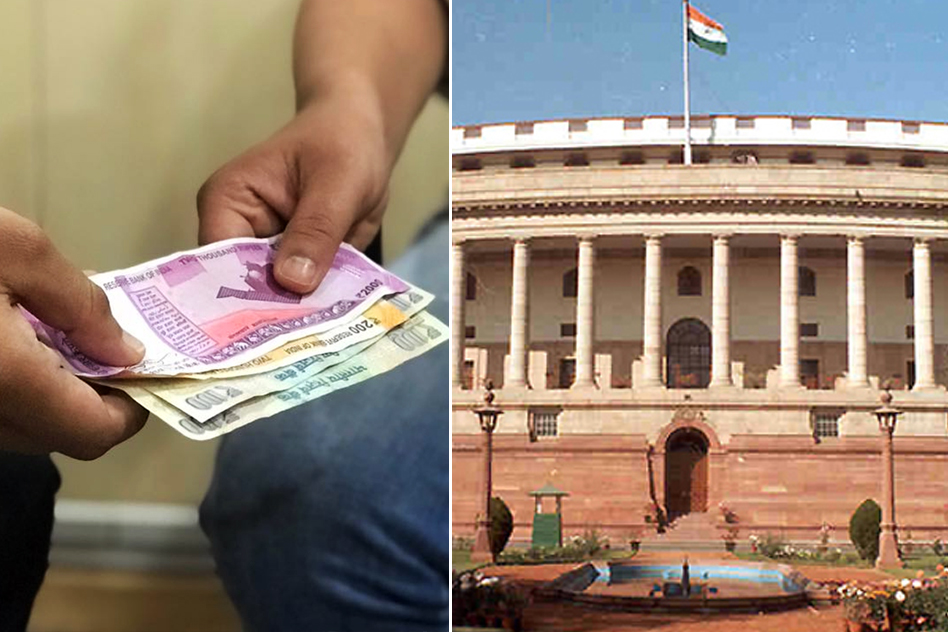
Govt Passes Prevention Of Corruption Bill: Now Permission Needed To Investigate Any Public Servant
27 July 2018 10:53 AM GMT
The Prevention of Corruption Act (Amendment) Bill, 2018 was passed by the Parliament on July 24. Rajya Sabha had passed the bill on July 19. The amendment to the Prevention of Corruption Act, 1988 was first floated in 2013 by the Congress-led government at the Centre.
The amendments seek to bring in major changes.
Bribe-givers will also be punished
As per the amendment, not only the bribe-taker, but the bribe-giver will also be punished. Even the punishment has been enhanced to three years in jail, extendable to seven years with fine. Earlier the minimum punishment was six months, with an extension of up to three years. For repeat offenders, the minimum punishment would be of five years, extendable up to ten years with fine.
In cases of coercive bribery, the bribe-giver will be protected as long as the victim comes forward within seven days. Coercive bribery refers to cases wherein the person is forced to pay bribe, and in extreme cases, even physical and psychological harm is inflicted.
Prior approval before investigation initiated against any government servant
Under this prior permission has to be sought before initiating any investigation against a public servant. The Bill extends such protection to retired public officials if they were in office at the time of the alleged offence.
Criminal misconduct redefined
Under the amendment, criminal misconduct will cover misappropriation of property and the possession of disproportionate assets. Earlier, the act defined criminal misconduct by public servant if he habitually takes a bribe, or fraudulently misappropriates property.
Amendments face criticism
Many have criticised the amendments saying that these dilute the act. The fact that in cases of coercive bribery if the bribe-giver complains after seven days, he/she is liable to be prosecuted. The issue has also been highlighted by former Central Information Commissioner is a tweet.
#PCA To reduce complaints of Corruption : If bribe giver complains about bribe after 7 days he will be prosecuted. All Bribe takers will give the favour/legitimate service seven days after taking the bribe. Dramatic reduction in complaints to achieve Bhrashtrachar Mukt Bharat
— Shailesh Gandhi (@shaileshgan) July 26, 2018
One of the most controversial parts of the bill is that the investigating agencies would have to take prior permission from appropriate authorities while pursuing cases against all public servants including those who have retired. This is deemed to be extremely problematic as there are chances of defaulting public servant from escaping scot-free.
#PCA Parliament has passed the Protection of Corruption Act: No investigation of an official unless government gives permission.
— Shailesh Gandhi (@shaileshgan) July 26, 2018
Also, the new definition of criminal misconduct narrows definitions and penalties for a range of offences and outlines powers and procedures for seizing the property of public servants accused of corruption. According to a note by think tank PRS Legislative Research, it now requires that the intention to acquire assets disproportionate to income also be proved, in addition to possession of such assets. As per the act criminal misconduct also included the use of illegal means, abuse of position or disregard of public interest.
Also Read:
 All section
All section













